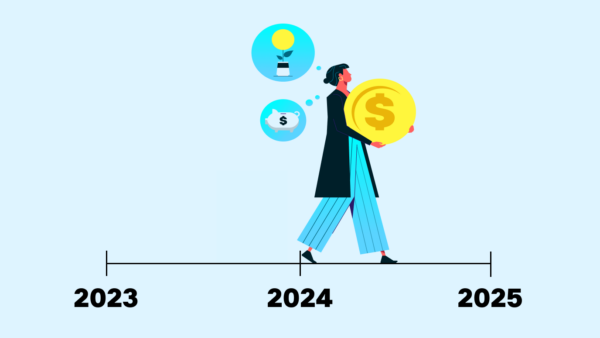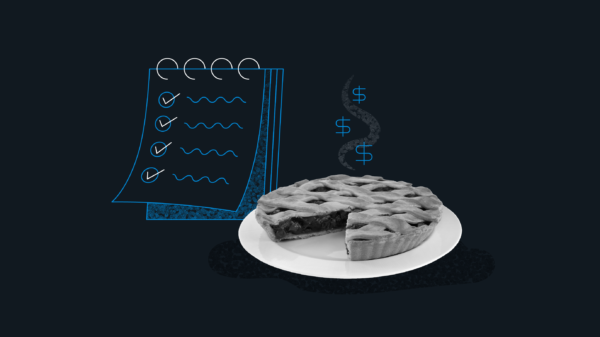Aug 20, 2018
How Old Do You Have to Be to Open a Bank Account?
Is there an age-limit on financial products and services? Here’s your answer.

Teaching your child about money and banking is a critical life lesson.
After all, money issues are regularly seen as the number one cause of stress in the United States. By teaching finances to your children, you won’t only help them build a better financial future, you’ll also help them build a healthier future overall.
Setting up a bank account for your children can help them learn financial basics.
Read on to find out the basics.
Bank accounts for kids
A child can have a bank account at any age, as long as a parent or guardian acts as co-signer on the account.
Numerous financial institutions offer savings accounts for children. And these accounts can help show your children the power of saving, while also allowing for controls that will limit debit card access or cash withdrawals.
What does a minor need to open a bank account like this? All they need is a parent willing to become a joint account holder. Some banks or states may have their own policies or regulations and you should always inquire about additional needs before opening an account.
Of course, with a joint account, each party has ownership over the account. Parents will be liable for any fees or spending incurred by their child and should practice good monitoring over the account to ensure it is being used responsibly.
Once a basic account is open, parents can help children see the value of saving and budgeting.
Showing them how to plan, budget, and save for that purchase is a good first step in helping children prepare for bigger expenses later in life.
Parents can do this by tracking spending from the account to show young children how small purchases can affect their long-term savings goals or by putting things into perspective for them in a way they can understand, for example: How many days of chores will it take to reach their goal?
Bank accounts for teens
As your children grow older and enter their teenage years, their banking needs will also change and become more complex. Teens may get their first summer jobs, save for their first car and college expenses, and or they may start to pay for personal items like clothing.
Parents will still have to be joint account owners with their teens, who are considered minors. Nevertheless, the focus will likely be on an unlimited, no-fee checking account that allows for more transactions. As teens begin to earn income and make more regular purchases they may find that their childhood savings account does not meet their needs.
Parents might be wise to begin to give their teens more autonomy over their finances. However, keep in mind that the account is still jointly owned and it may be important to verify that teens cannot run up hefty bank fees or overdraft fees.
What is a custodial account?
A custodial account is a savings account that parents can contribute money into for their children.
These funds are considered a gift and are the child’s money as soon as the account is opened. However, the child does not actually have access to funds, usually until they turn 18, or until their parents choose to give them access to the money from the account.
A lot of parents choose custodial accounts because of the flexibility they allow when saving for children: The funds can be used for education or any other purpose that benefits the child.
Custodial accounts may not be ideal for teaching children short-term lessons about saving, spending, and budgeting, but they do show the benefits of long-term saving and earning interest.
By using a combination of accounts with long-term and short-term savings goals, parents can provide their children with a solid base of financial knowledge that will help them well into the future.
Interested in teaching your child more about finances Stash Academy for more!
Related Articles

The 2024 Financial Checklist: A Guide to a Confident New Year

9 Ways to Celebrate Financial Wellness Month

Budgeting for Young Adults: 19 Money Saving Tips for 2024

The Best Personal Finance Books on Money Skills, Investing, and Creating Your Best Life for 2024

What Is a Financial Plan? A Beginner’s Guide to Financial Planning

How to Save Money: 45 Best Ways to Grow Your Savings





